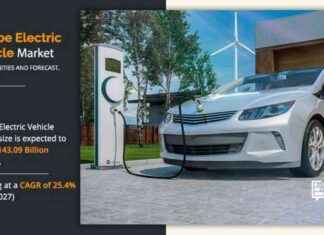From a German point of view, China has so far been primarily a market. Impressed by potentially more than one billion customers, a generation of politicians and managers has repeatedly made a pilgrimage to the Asian empire to open the door to German industry.
As you know, this worked out quite well, especially the car industry does nice business in China. The situation of human rights was also addressed on such occasions, formerly mostly in Tibet, then in Xinjiang. But mostly this remained a “dialogue”. Economic interests dominated.
These times are over. The EU has recently imposed sanctions on China for suppressing the Uighurs, which has led to angry reactions in Beijing. It is noticeable that in many Western societies humanitarian issues are taken more seriously today than they were ten or twenty years ago.
How does China use its power?
At the same time, the rise of China to great power, which was significantly promoted by trade with the West, now also raises classic questions of realpolitik. How will Beijing use its new (military) power, especially in Asia? What are the consequences if China makes more and more countries dependent on itself, even deep into Europe? How conflictual is the relationship with the current world power America? How threatening is the authoritarian axis Moscow-Beijing?
Such questions cannot be answered with governmental consultations, especially by an outgoing chancellor. It is noticeable, however, that Berlin is mainly looking for common interests, as is often the case in relation to other countries: economy, climate protection, health (keyword corona).







